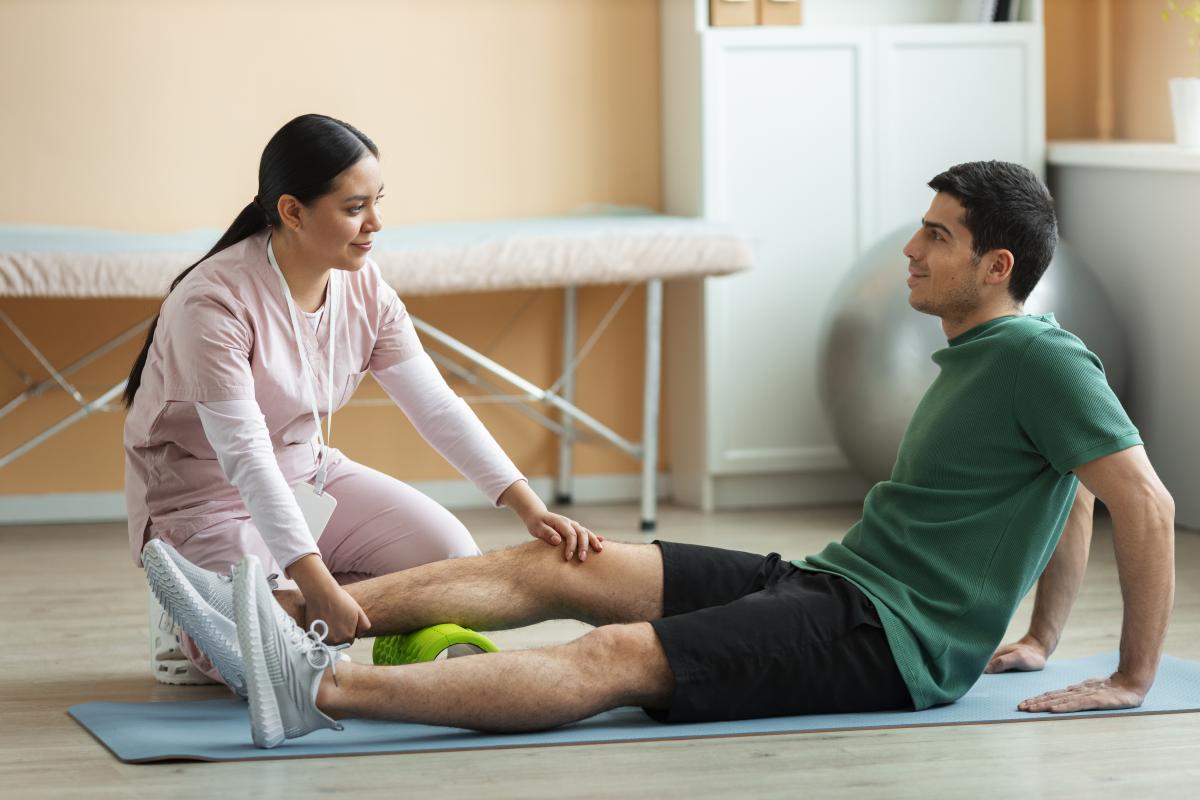
Preventing Sarcopenia: The Role of Protein Supplementation and Resistance Exercise
As we age, preserving muscle mass and strength becomes increasingly vital—not only for maintaining mobility and independence but also for enhancing recovery following surgical procedures, including those related to the spine. One of the most significant age-related concerns is sarcopenia, a progressive loss of skeletal muscle mass and function. If left unaddressed, sarcopenia can increase the risk of falls, impair post-operative recovery, and diminish overall quality of life.
What is Sarcopenia?
Sarcopenia is a condition predominantly associated with aging, although it can be accelerated by sedentary lifestyles, chronic illness, and post-surgical immobilization. Individuals experiencing sarcopenia often face challenges such as: decreased muscle strength and endurance, impaired balance and coordination, slower recovery from injury or surgery, and increased risk of frailty and disability. Given these impacts, preventing sarcopenia is critical—especially for spine surgery patients who may face temporary periods of reduced mobility during recovery.
Why Protein Supplementation Matters
Protein plays a key role in muscle synthesis and repair. However, older adults often consume less dietary protein than required to maintain muscle mass. Research indicates that increased daily protein intake, particularly high-quality sources such as whey or leucine-rich supplements, can support muscle maintenance and growth. Key benefits of adequate protein intake include: Enhanced muscle protein synthesis, Support for immune function during post-operative recovery, Reduction in muscle atrophy during periods of inactivity, and Improved physical performance and strength. The current recommendations suggest that older adults may benefit from 1.2–1.5 grams of protein per kilogram of body weight per day, particularly when combined with resistance training.
The Power of Resistance Exercise
Resistance exercise is a cornerstone intervention for sarcopenia. Activities such as weight training, resistance band exercises, and bodyweight movements stimulate muscle growth and improve neuromuscular function. For spine patients, a structured and supervised resistance training program—tailored to their condition and recovery stage—can: enhance postural stability and spinal support, improve functional mobility and gait, facilitate faster post-surgical recovery, reduce the risk of falls and re-injury. When initiated appropriately, resistance training can be safely incorporated into both prehabilitation (pre-surgical conditioning) and rehabilitation (post-surgical recovery) protocols.
Integrating Nutrition and Exercise for Optimal Outcomes:
The combination of adequate protein supplementation and regular resistance exercise is proven to be more effective than either strategy alone. For spine surgery patients and the aging population, integrating these two interventions into their care plan can lead to: Improved surgical outcomes, Greater long-term independence, and Lower healthcare utilization due to fall prevention and enhanced recovery.
At our spine surgical center, we recognize the importance of a holistic approach to musculoskeletal health. Collaborating with registered dietitians, physical therapists, and our surgical team, we aim to deliver comprehensive care that supports not just surgical success but long-term well-being. We encourage patients, particularly those over the age of 60 or preparing for spine surgery, to speak with their care team about personalized strategies for sarcopenia prevention, including safe protein supplementation and resistance-based exercise programs.
For more information on our prehabilitation and post-operative rehabilitation services, or to consult with our team, please contact us today.